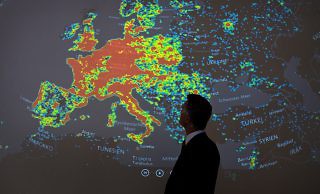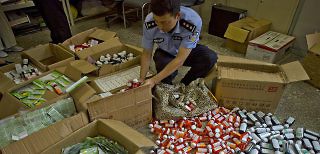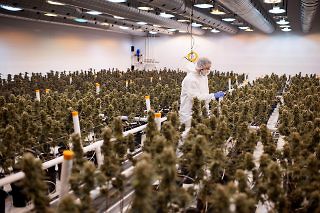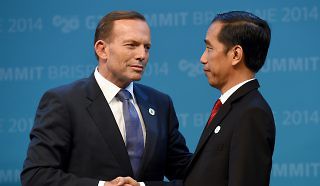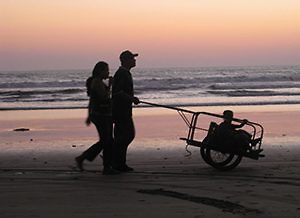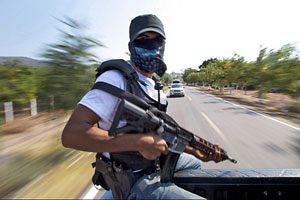In discussions of Mali’s chronic problems, one factor tends to be overlooked: organized crime.
Tag: transnational organized crime
-
-
As governments begin to think more carefully about companies’ use of measures to actively defend themselves, officials and decision-makers would do well to ground their deliberations in a broader transnational context.
-
Just as globalized transportation allows criminal groups to bring their illegal goods and services to foreign markets, it also allows them to bring foreign markets to them.
-
The UNGASS is out of step with major changes taking place around the world. The outcome document does not account for the many new and urgent drug-related threats—including synthetics.
-
The outrage in Taiwan, which sparked a rare moment of unity in the island nation’s deeply divided political scene, stemmed from Nairobi’s decision to deport the suspects to China rather than Taiwan, even after the Kenyan High Court had cleared them of involvement in telecommunications fraud and given them three weeks to leave the country.
-
Mahmoud Mohamedou, Deputy Director of the Geneva Centre for Security Policy, discusses the difficulty in developing a proactive counterterrorism strategy against groups such as the Islamic State.
-
The likely effect of the eventual executions will be a further worsening of relations between the two countries at a time when cooperation should be highest.
-
The distribution of counterfeit medicines is a major problem for South Africa, but the country’s leadership seems to lack awareness of the issue.
-
The reason behind Nicaragua’s lower levels of violence compared to other countries in the region has to do with the way Central American governments have tackled the problem of citizen security.
-
An organized crime expert discusses the impact of local self-defense groups against cartel violence and Mexico’s recent move toward legitimizing them.

